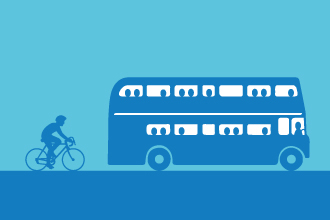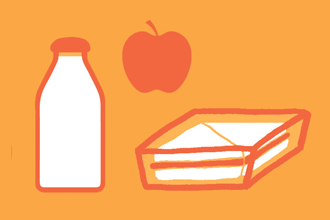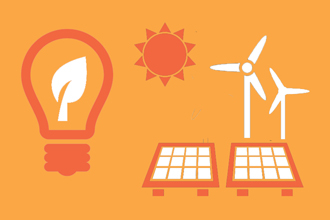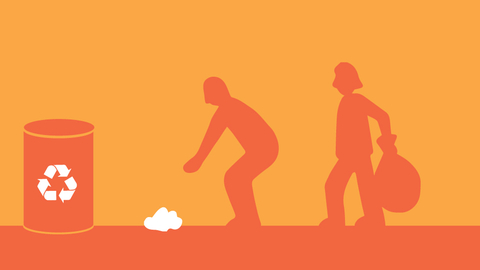
Do a litter pick or beach clean!
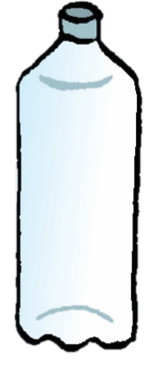
Every year, an estimated 8 million tonnes of litter enters the world’s oceans. Plastic poses the biggest threat to marine wildlife as it doesn’t just disappear; it simply breaks down into smaller and smaller pieces, and has detrimental effects on food chains, working its way up from the tiniest plankton into the bodies of sharks, whales and dolphins.
But it’s not just our marine life at risk from litter. Mammals like hedgehogs and birds like swans frequently suffer injuries as a result of getting caught up in waste.
Any litter removed from a natural ecosystem helps wildlife and creates a better space for humans too! Counteract litterbugs by being a litter picker. You don't have to be on an organised litter pick to help, just pick up any rogue litter when you see it and pop it in the bin! Or how about going for a walk and picking up pieces as you go?
It’s not just our marine life at risk; animals like hedgehogs and swans are often injured by getting caught up in litter
Top tips for picking litter:
- Be prepared: Carry gardening gloves with you (or a litter picker if you have one!) when you're heading out on a walk in case you spot any litter - they'll protect your hands from anything mucky or sharp. If you don't think you'll come across a bin, bring a bag so you can carry any litter away with you.
- Stay safe by staying away from needles and not picking up anything with human waste (like nappies), electrical items, or holding any potentially dangerous chemicals. If you're not sure what it is, don't pick it up. Take extra care when picking up anything sharp.
- Report any of the above items, anything you think might be dangerous, or any dumped electrical items or paint to the local council or landowner. If you come across a fly-tipping site, or a dead animal, report it.
- Sort your haul: Instead of chucking it in a regular bin, you could go one further and separate what you've collected to be recycled! If possible, safety-proof anything you find that could be a danger to wildlife if it ends up in the wrong place further down the line, for example, cutting up 6-pack rings or plastic bottle cap rings.
- Wash your hands: Always make sure you wash your hands properly after picking litter!
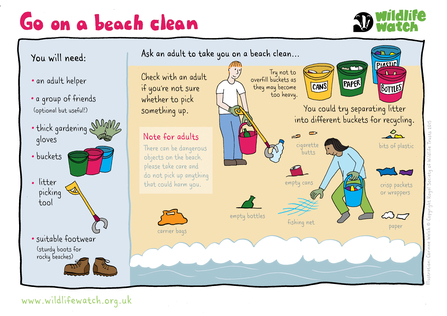
Want to do more to reduce the amount of plastic entering our oceans? Take a look at:

